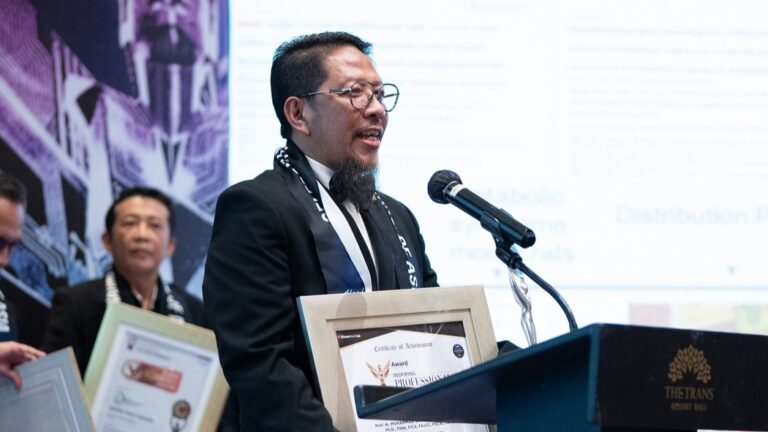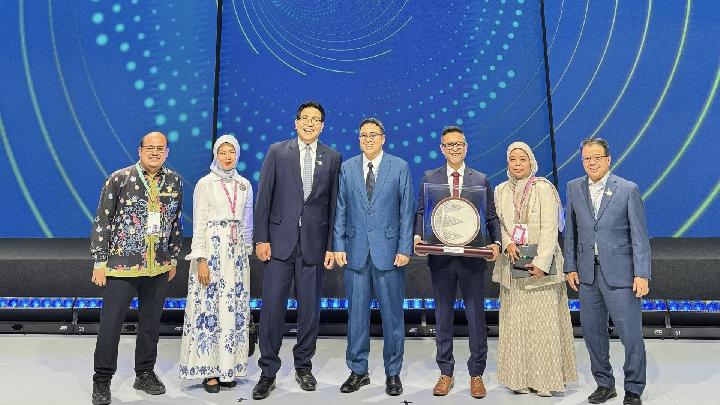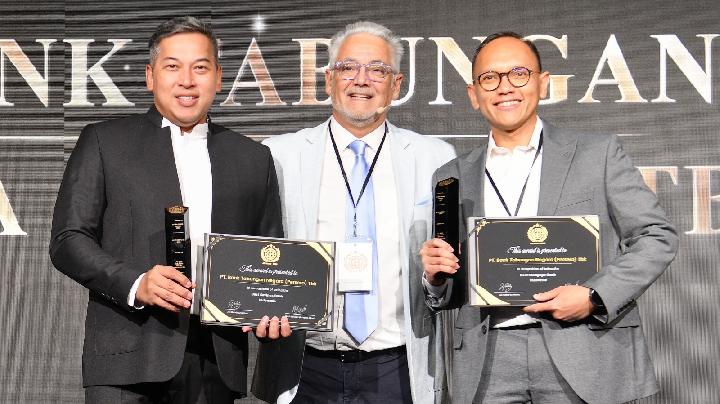In a significant stride towards deepening economic collaboration, Indonesia and Canada have finalized the Indonesia-Canada Comprehensive Economic Partnership Agreement (CEPA), a landmark trade deal that is set to redefine the economic dynamics between the two nations. The agreement was formally signed on December 2, 2024, in Jakarta, during the inaugural session of Canada’s Trade Mission to Indonesia. Present at the ceremony were Indonesia’s Minister of Trade, Budi Santoso, and Canada’s Minister of International Trade, Export Promotion, Small Business, and Economic Development, Mary Ng, who heralded the pact as a transformative step in bilateral relations.
Speaking on the occasion, Minister Budi lauded the dedication and perseverance of the negotiation teams from both sides. Over two and a half years of rigorous discussions culminated in this comprehensive agreement, which will now facilitate Indonesia’s broader integration into the North American market. He emphasized that the CEPA will significantly enhance market access for Indonesian products, enabling them to reach Canadian consumers more efficiently. The agreement, he noted, reflects Indonesia’s growing importance as a strategic economic partner in the global arena.
The CEPA’s scope extends well beyond traditional trade in goods. It encompasses critical provisions for preferential treatment in service sectors, granting Indonesian businesses a competitive edge in telecommunications, construction, tourism, transport, and various other industries. Moreover, the agreement aims to stimulate investment in high-priority sectors, including manufacturing, agriculture, fisheries, forestry, mining, and energy infrastructure. By creating a framework for seamless investment flows, the CEPA is expected to attract substantial capital to Indonesia while offering Canadian investors unprecedented opportunities in Southeast Asia’s largest economy.
Integral to the agreement are its commitments to fostering sustainable and inclusive growth. Provisions addressing intellectual property rights, good regulatory practices, e-commerce, competition policy, small and medium enterprises (SMEs), gender empowerment, environmental protection, and labor standards reflect the shared vision of Indonesia and Canada for a fair and forward-looking trade relationship.
Coinciding with the CEPA signing was Canada’s Trade Mission to Indonesia, a three-day event running from December 1 to 3, 2024. Over 180 Canadian companies participated in this mission, exploring diverse avenues of cooperation in agriculture, clean technology, information technology, and infrastructure. This mission underlined Canada’s proactive engagement in strengthening ties with Indonesia, paving the way for robust sectoral collaborations.
Minister Mary Ng highlighted the agreement’s timely conclusion as a catalyst for expanding business partnerships and investments. She emphasized that Canadian businesses should seize this opportunity to tap into the thriving Indonesian market, while Indonesian enterprises now have an unparalleled chance to enter the North American market. Her remarks echoed the optimism shared by both governments regarding the transformative potential of this agreement.
Adding depth to the discussions, Djatmiko Bris Witjaksono, Indonesia’s Director General of International Trade Negotiations, outlined the tangible benefits of the CEPA. He noted that the agreement secures Indonesia liberalized access to 90.5% of Canada’s tariff lines, representing trade valued at USD 1.4 billion. This achievement, he explained, opens new horizons for Indonesia’s key exports, including textiles, paper, wood products, processed foods, edible bird nests, and palm oil, to establish a stronger foothold in the Canadian market.
As both nations look to the future, the CEPA marks the beginning of a dynamic partnership aimed at fostering mutual prosperity. The agreement reflects the shared aspirations of Indonesia and Canada to build a resilient and innovative economic partnership that addresses the evolving challenges of the global economy.








